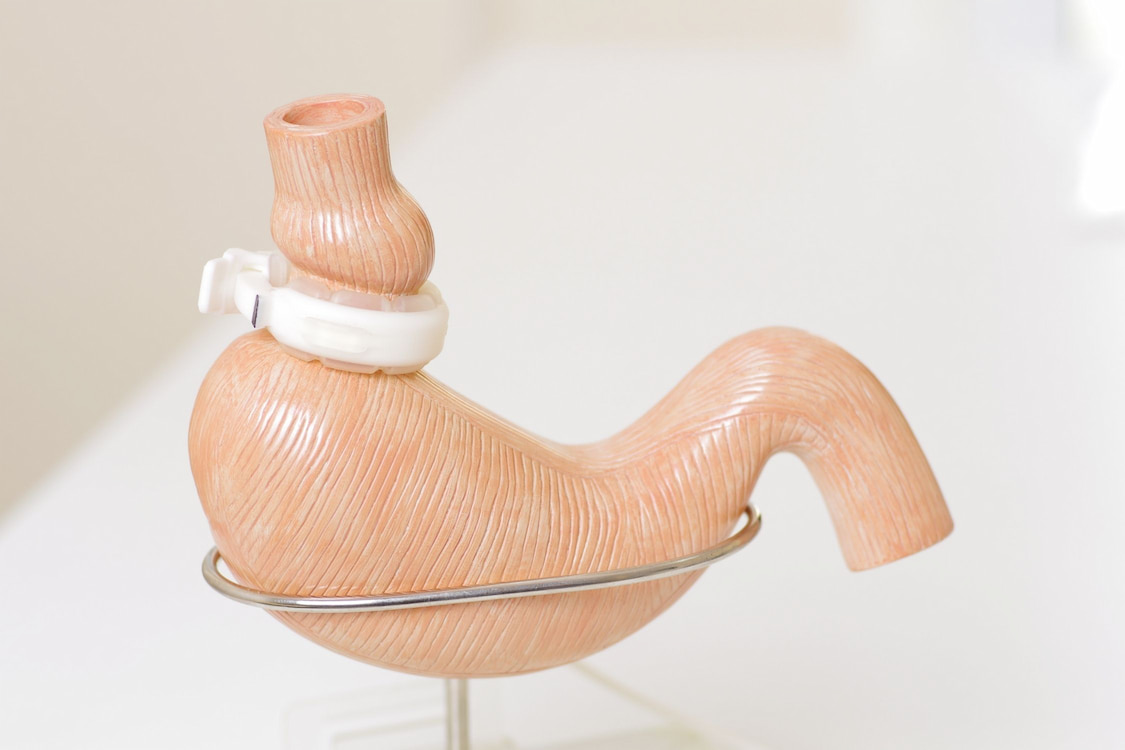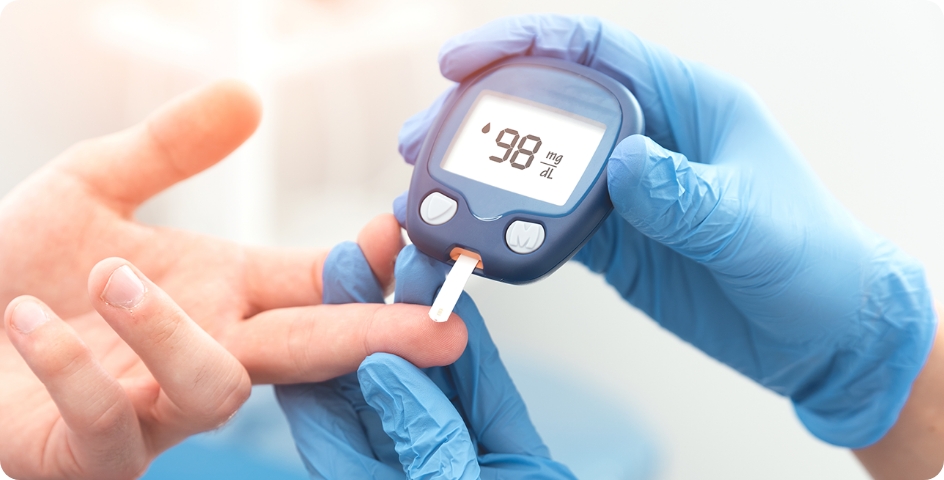
Pain Medication For Gastric Bypass
Gastric bypass surgery in Turkey creates very successful results today. However, as with any surgery, gastric bypass can have certain side effects, the most common of which is pain. There are different pain medications that may be prescribed to you after gastric bypass surgery. These medications will be able to effectively control your post-operative pain. Some medications can interact with the new anatomy of your stomach and with your gastric bypass. It is also important to discuss the side effects with your surgeon, as the risks of using these drugs can lead to complications.
Some patients may experience mild to moderate pain, while others will experience more severe pain. The pain medication your doctor prescribes is important to assist you in a quick recovery.

A Guide to Pain Medication Post-Bariatric Surgery
Gastric bypass procedures can have different effects on drug absorption. Some medications require an acidic stomach environment to be dissolved, but gastric acid is severely decreased after gastric bypass surgery. Medications should not be taken without the direction of the healthcare provider. It is important to obtain control over pain early on after gastric bypass surgery. This is usually done by starting with stronger pain medications and then “downscaling” to other pain medications.
Pain following gastric bypass surgery in turkey can be controlled effectively with the use of non-opioid or opioid pain medications. These medications will be prescribed by your physician in the days that follow your gastric bypass surgery.
Pain Medications To Avoid After Gastric Bypass Surgery
Weight loss surgery patients should avoid non-steroidal anti-inflammatory drugs (NSAIDs). It is common for people to use non-steroidal anti-inflammatory medications when experiencing pain, and fever, preventing blood clots and reducing inflammation. Nonetheless, these types of drugs leave a gastric bypass patient vulnerable to developing ulcers, which are difficult to treat after a gastric bypass procedure.
Some of the counter NSAIDs include:
Aspirin (Bayer, Excedrin)
Ibuprofen (Advil, Nuprin, Motrin)
Naproxen (Aleve)
This also includes prescription NSAIDs:
Lodine
Vimovo
Relafen
Daypro
Indocin
Voltaren
Moreover, the biggest problem with NSAIDs is that these kinds of drugs affect the stomach’s ability to create mucous that protects the stomach’s lining from gastric fluid. And this is the case, exposure to gastric fluid means an increased risk of stomach bleeding, ulcers, and even a perforation in the stomach lining. Following gastric bypass surgery, any increased risk of perforation to the healing stomach pouch means increased chances of a significant medical complication.
Pain Medication You Can Take After Gastric Bypass Surgery
Although NSAIDs are not allowed due to their effect on the stomach, there are pain medications available to gastric bypass patients.
Non-opioid Medication: Paracetamol (Acetaminophen in the USA) is allowed for gastric bypass patients to manage their pain. It’s very common for patients to use these types of painkillers in lieu of NSAIDs that might be more commonly taken. Tylenol and other medications containing paracetamol are perfectly good for use by patients who have just undergone gastric bypass surgery.
Opioid Medication: Additionally, opioid-based pain medications are allowed. Opioids include morphine, hydrocodone, oxycodone, and codeine and are sold under a different brand names. Opioids are prescribed with great care and should be taken very conservatively. If you are a recovering opiate addict or wish to avoid opiates for any other reason, you can still take to paracetamol manage your pain.
What are Opioid Medications and Their Risks?
There are many types of pain medications, including acetaminophen, non-steroidal anti-inflammatory drugs (NSAIDs, such as acetylsalicylic acid (ASA) and ibuprofen), corticosteroids (often called steroids), and opioids. Different types of pain medications help to manage different kinds of pain, and like other medicines, they all carry some risks. Usually, opioid pain medications can be prescribed for very strong pains. Opioids, sometimes called narcotics, are a type of drug. They contain strong prescription pain relievers such as oxycodone, hydrocodone, fentanyl, and tramadol.
Doctors may give you a prescription opioid to reduce pain after gastric bypass surgery. Prescription opioids for pain relief are generally safe when taken for a short time and as directed by your doctor. Also, people who take opioids are at risk for opioid addiction , and overdose. These risks increase when opioids are abused. Misuse means you are not taking the medications according to your provider’s instructions, are using them to get high, or are taking someone else’s opioids.
The Severity of Pain Pain Medication to be Taken
Mild pain and difficulty with activities due to pain - Non-Opioids medication, AS NEEDED
Moderate pain feeling the pain in daily activities - Non-Opioids medication, ON A SCHEDULE
Severe pain - Difficulty in daily activities unable to sleep from pain Non-Opioids, ON A SCHEDULEor Opioids
The Study of Pain Medication for Gastric Bypass
A recent study published in the ‘Journal of Bariatric Medicine’ examined the use of pain medications in gastric bypass patients. The study followed a large sample of post-gastric bypass individuals and their pain management strategies. It found that avoiding non-steroidal anti-inflammatory drugs (NSAIDs), such as ibuprofen and aspirin, was crucial due to the potential risks of ulcers and gastric complications in these patients. Instead, the study recommended the use of non-opioid medications like acetaminophen (paracetamol) for mild to moderate pain and, when necessary, opioid medications for severe pain, all under the guidance of a healthcare provider. The research reinforced the article’s advice on selecting the right pain medications following gastric bypass surgery, emphasizing the importance of adhering to these recommendations to ensure a safe and effective recovery.
Conclusion About Pain Medication for Gastric Bypass Patient
If you have decided to have gastric bypass surgery or if you have pain after surgery, Healthy Türkiye is with you in this treatment with your expert team. Also, For more information on gastric bypass surgery and medication that can help your pain after surgery, contact Healthy Türkiye today, and ask to schedule a consultation with us. We look forward to working with you and discussing your treatment option.




